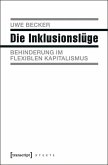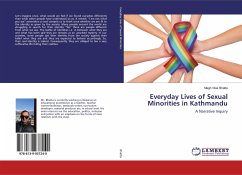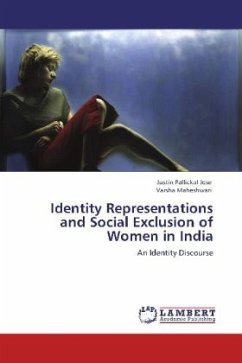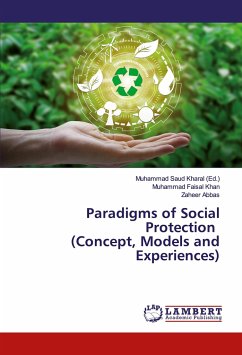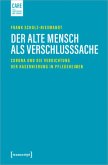The type and quality of youth identities ascribed to young people living in residual housing areas present opportunities for action as well as structural constraints. In this book three ethnographies, based on a youth work practitioner's observations, interviews and participation in local networks, identify young people's resistant identities. Through an analysis of social exclusion, youth policies and interviews with young people, youth workers and their managers, the book outlines a contingent network of relationships that hinder informal learning. Globalisation, individualisation, welfare/education reform and the rise of cultural social movements act upon youth identities and steer youth policies to subordinate the notion of informal group learning. Drawing on Castells' and Touraine's sociological models of identity, the book explores youth as a category of time and residual housing areas as a category of space, as they pertain to local dynamics of social exclusion.
Bitte wählen Sie Ihr Anliegen aus.
Rechnungen
Retourenschein anfordern
Bestellstatus
Storno


